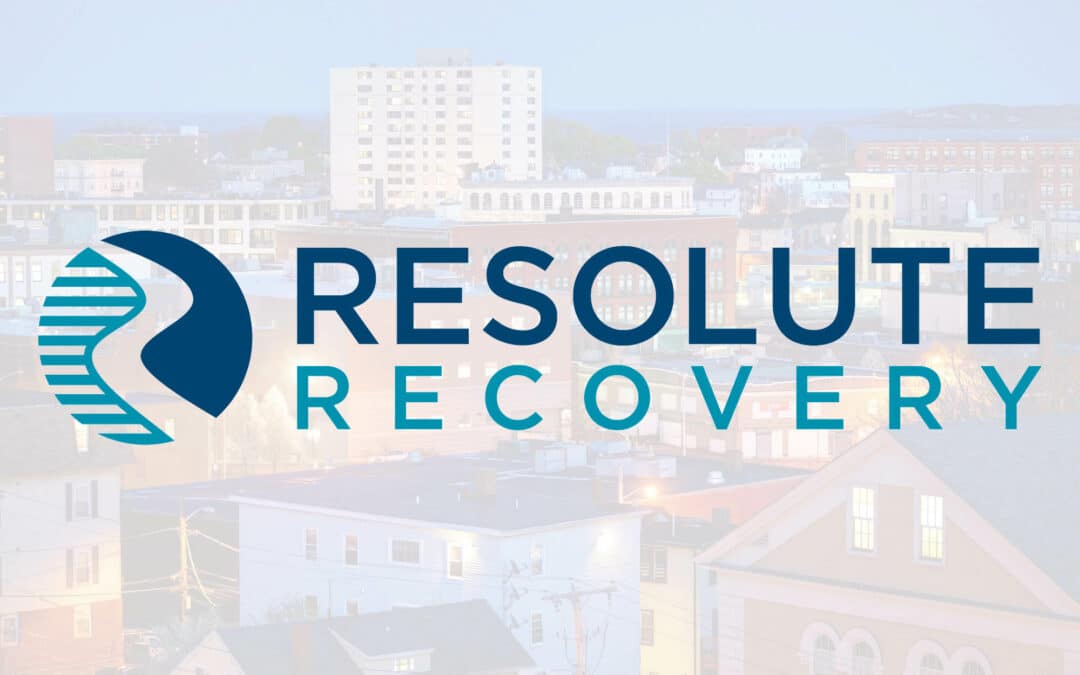Cocaine Withdrawal After 3 Weeks: What You Need to Know
Understanding Cocaine Withdrawal
Cocaine withdrawal is a complex process that begins when an individual reduces or stops regular use of cocaine. As a stimulant, cocaine affects the brain’s reward system, and withdrawal from it is often characterized by a range of physical and psychological symptoms. It is intrinsically linked to substance use disorders, where dependence on the drug leads to significant challenges in cessation.
Causes and Influences on Withdrawal Symptoms
Several factors influence the severity and duration of withdrawal symptoms:
- Individual Differences: Genetic predisposition, overall health, and psychological resilience can vary greatly among individuals.
- Usage Patterns: The amount and frequency of cocaine use play critical roles. Long-term, heavy users are likely to experience more intense withdrawal symptoms.
- Method of Administration: Techniques such as snorting or injecting can impact how the body metabolizes cocaine, influencing withdrawal severity.
Phases of Cocaine Withdrawal
Understanding the stages of withdrawal is crucial for managing expectations during recovery:
- Acute Phase (1-2 weeks):
- This initial stage often involves intense cravings, anxiety, irritability, and fatigue. Physically, individuals may experience sleep disturbances and increased appetite.
- Crash Phase (Beyond 2 weeks):
- Characterized by a “crash” in mood, this phase involves dysphoria and a marked decrease in motivation as the body adjusts to the absence of cocaine’s stimulating effects.
- Post-Acute Withdrawal Symptoms (Weeks to Months):
- Known as PAWS, these symptoms can persist long after the acute phases have passed. They include emotional instability, persistent cravings, and intermittent depression.
Withdrawal from cocaine three weeks later often falls into the crash phase or transitions into post-acute symptoms. While there are no FDA-approved medications specifically for treating cocaine withdrawal at present, understanding these phases helps in tailoring effective recovery strategies through behavioral therapies and support systems.
Symptoms of Cocaine Withdrawal
Experiencing cocaine withdrawal can be a challenging process, marked by a variety of physical and psychological symptoms. These symptoms often manifest as the body and mind begin to adjust to the absence of cocaine. Some of the most common physical symptoms include:
- Fatigue
- Increased appetite
- Sleep disturbances
- Vivid dreams or nightmares
On the psychological front, individuals may endure:
- Dysphoric mood: A pervasive feeling of unhappiness or dissatisfaction.
- Anxiety: Heightened feelings of nervousness or worry.
- Irritability
- Intense cravings for cocaine
The duration and intensity of these symptoms can vary significantly, influenced by factors such as the history and pattern of cocaine use. During the first three weeks after quitting, individuals often undergo acute withdrawal symptoms, which tend to peak within this timeframe.
Variability in Symptoms
The extent to which these symptoms are experienced can depend on several factors:
- Amount and frequency of cocaine usage prior to cessation.
- Method of administration, with different experiences noted between those who snort versus those who inject cocaine.
- Individual health factors, including mental health history.
Understanding these nuances is crucial for effectively managing cocaine withdrawal. While many acute symptoms may subside after a few weeks, some individuals might experience persistent challenges that extend beyond this initial period. Recognizing these potential fluctuations helps in developing a personalized approach to address withdrawal effectively and supports ongoing recovery efforts.
Long-term Effects and Challenges in Recovery
For individuals overcoming stimulant addiction, the journey doesn’t end after the initial withdrawal phase. Many face prolonged cravings for cocaine, even beyond three weeks of abstinence. These cravings are not merely a fleeting desire but can manifest as intense urges that disrupt daily life, making it challenging to stay on the path to recovery.
Emotional Challenges
Emotional challenges also play a significant role during this stage. Feelings of emptiness or lack of pleasure in everyday activities can linger, causing distress and impacting motivation. The brain’s reward system, previously hijacked by cocaine use, takes time to recalibrate, leaving individuals vulnerable to anxiety and dysphoria.
Risks of Severe Depression
The risks associated with severe depression during recovery should not be underestimated. As the brain adjusts to functioning without cocaine, some may experience deep depressive episodes. This can lead to feelings of hopelessness and despair, increasing the risk of suicidal thoughts. It’s crucial for individuals and their support networks to be aware of these risks and take proactive measures in managing mental health.
Importance of Professional Support
Professional support can provide essential coping strategies during this period. Therapeutic interventions can help address underlying mental health issues that may arise or worsen during recovery. Encouraging open communication about emotional struggles ensures that those in recovery do not feel isolated or overwhelmed by their experiences.
Understanding these long-term challenges is vital for anyone navigating cocaine addiction recovery. Recognizing that these hurdles are part of the healing process can empower individuals to seek additional support and resources needed for sustained recovery.
Treatment Options for Cocaine Withdrawal
Addressing cocaine withdrawal requires a comprehensive approach, focusing primarily on behavioral therapies.
1. Cognitive-Behavioral Therapy (CBT)
Cognitive-Behavioral Therapy (CBT) stands as a cornerstone in treating cocaine addiction. This therapy aids individuals by helping them recognize and change maladaptive thought patterns and behaviors associated with drug use. By equipping individuals with coping strategies, CBT effectively reduces the likelihood of relapse.
2. Contingency Management
Contingency Management is another impactful strategy. This behavioral therapy rewards individuals for abstaining from cocaine use, reinforcing positive behavior through tangible incentives. The success of this approach lies in its ability to encourage sustained abstinence by providing immediate and meaningful rewards.
3. Antidepressants
While no specific medications are currently FDA-approved to treat cocaine withdrawal, certain antidepressants can play a supportive role. These medications may alleviate some withdrawal symptoms like anxiety and depression, enhancing overall treatment efficacy. Although not a standalone solution, antidepressants can be integrated into a broader treatment plan to support emotional stability during withdrawal.
Withdrawal from cocaine 3 weeks later often presents challenges that require nuanced intervention strategies. Behavioral therapies remain crucial throughout this period, addressing both the psychological and physical aspects of addiction.
Understanding these treatment options highlights the importance of tailored approaches in managing cocaine withdrawal. Each individual’s journey is unique, necessitating personalized care plans that consider their specific needs and circumstances.
Support Systems in Recovery from Cocaine Addiction
Building a strong support network is crucial during the recovery process from cocaine addiction. Even after three weeks of abstinence, individuals may still face challenges and intense cravings. Establishing a solid foundation of support can provide the encouragement and accountability necessary to maintain sobriety.
Types of Support Systems Available:
- Counseling Services
- Engaging with professional counselors can offer invaluable guidance and strategies tailored to individual recovery needs. Counseling can help address underlying issues that may have contributed to substance use and develop coping mechanisms for managing stressors without resorting to cocaine.
- Peer Support Groups
- Peer support groups, such as Narcotics Anonymous (NA) or Cocaine Anonymous (CA), provide a community of individuals who understand the struggles and triumphs of recovery. Sharing experiences with peers who have faced similar challenges fosters a sense of camaraderie and mutual understanding, which can be empowering and motivating.
- Family and Friends
- Involving family and friends in the recovery journey can create an additional layer of support. Open communication about progress, struggles, and achievements helps build trust and strengthens relationships that might have been strained by addiction.
- Online Support Communities
- For those who may not have access to local groups or prefer the anonymity of virtual interactions, online support communities offer a convenient platform to connect with others in recovery across the globe.
These support systems not only provide emotional backing but also practical advice on maintaining sobriety in daily life. They play a pivotal role in helping individuals navigate the complexities of recovery beyond the initial stages, offering hope and resilience as they work towards long-term wellness.
Seeking Professional Help for Cocaine Addiction Treatment
Cocaine withdrawal presents significant challenges, making professional support crucial. Understanding the typical duration of withdrawal phases can guide individuals in their recovery journey:
- Acute Withdrawal Phase: This lasts about 1-2 weeks, during which symptoms are most intense.
- Protracted Withdrawal Phase: This can extend beyond the initial weeks. Symptoms may linger for months, impacting emotional stability and daily functioning.
Recognizing the potential for severe psychological symptoms, including depression and cravings, emphasizes the need for professional assistance. Seeking treatment options for cocaine addiction can provide tailored strategies and support critical for recovery.
Reputable treatment centers like Resolute Recovery offer specialized programs to address withdrawal symptoms and facilitate long-term healing. Engaging in a structured program increases the chances of sustained recovery and improved quality of life. Don’t hesitate to reach out for help; support is available.





